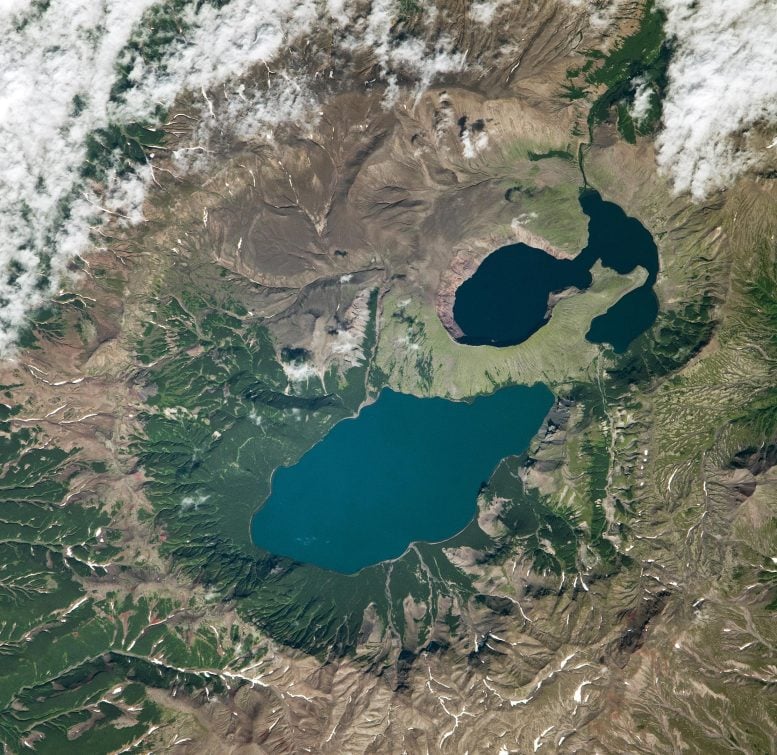
The Central Bank of Iran (CBI) has announced the regulation of crypto assets, unveiling a comprehensive “Policy and Regulatory Framework for Cryptocurrencies.”
The framework, which was approved on 7 December 2024, specified that the upcoming policies will be designed to assist crypto traders in adhering to local tax regulations and anti-money laundering laws.
Iran moves to regulate crypto instead of imposing limits: report https://t.co/qS4C9Kx4GR
— The Block (@TheBlock__) December 9, 2024
Minister of Economic Affairs and Finance (MEAF), Abdolnaser Hemmati, said that the Iranian government is looking to adopt crypto assets by incorporating more regulations instead of full fledged restrictions.
Explore: SEC Returns $4.6M to Investors of Ethereum based Bitclave ICO
A Unified Regulatory Approach
The CBI’s approach focuses on requiring licenses from brokers and custodians of crypto assets and ensuring compliance with anti-money laundering (AML) laws, counter-terrorism financing (CTF) regulations, and local tax obligations.
CBI Governor, Mohammadreza Farzin highlighted that the project will be aimed at developing a comprehensive digital asset market. Furthermore, it will be a joint project of several governmental organizations, including the MEAF.
Farzin emphasized that the framework has two distinct objectives, first being containment of risks arising from the adoption of cryptocurrencies and the second being the economic empowerment.
Meanwhile, addressing a national event on digital currencies, Hemmati said, “Attempts to impose limitations have failed. Instead, we aim to manage their risks and capitalize on their benefits, including job creation and bypassing sanctions.”
Hemmati also iterated the need for updating policies to help the digital economy in Iran flourish instead of being subjected to bans. He called for the formation of a unified crypto stakeholders’ association to represent industry interests and strengthen regulatory compliance.
EXPLORE: 17 Best Crypto to Buy Now in 2024
Iran’s Crypto Holdings Nearly a Third of its Gold Market
Iran’s regulatory shift is reportedly part of its strategic use of cryptocurrencies to counter U.S. sanctions that have significantly limited the country’s access to global financial networks.
The government has allowed regulated crypto mining in recent years, seeing it as a source of revenue to mitigate economic challenges. Iran has also used cryptocurrency for international trade settlements, taking advantage of its ability to circumvent traditional banking systems.
According to a report, Iranian investors hold about one-third of the country’s gold market in the estimated $30 billion to $50 billion worth of crypto assets. He added that the daily trading volume of cryptocurrencies in Iran stands at nearly 100 trillion rials, or $143 million.
Meanwhile, tighter regulations could open up businesses and exporters to the threat of US sanctions in case Iranian wallets are traceable.
Economist Mohammad Sadegh Alhosseini noted, “If the CBI gives authorization and Iranian wallets become identifiable, there would be a possibility for them to be sanctioned, and this would make the CBI responsible.”
Alhosseini also suggested that the government should consider delegating certain responsibilities to private companies and associations to foster discipline within the country’s crypto market.
EXPLORE: SEC Sues Crypto Mining Company Touzi Capital For $115 Million Fraud
Trump’s Iran Policies may Influence Oil Markets in 2025
With Donald Trump soon to return to the White House, his administration has geared up to reform America’s crypto and geopolitical landscape.
Recently, Trump appointed David Sacks as the “White House A.I. & Crypto Czar,” whose objective is to work out a legal framework for the cryptocurrency industry to operate within.
The former president had expressed his vision of making America the leader in the digital asset revolution.
However, Trump’s potential return to imposing “maximum pressure” sanctions on Iran may have reverberations across global markets, but most particularly on oil.
J.P. Morgan analyst Arun Jayaram believes that such measures will cut Iran’s oil exports by as much as 1 million barrels per day, a drastic decline from the current 1.6 million barrels exported during President Joe Biden’s more lenient policies.
The post Iran Opts To Regulate Cryptocurrency Instead Of Enforcing Restrictions appeared first on 99Bitcoins.









Leave a Comment